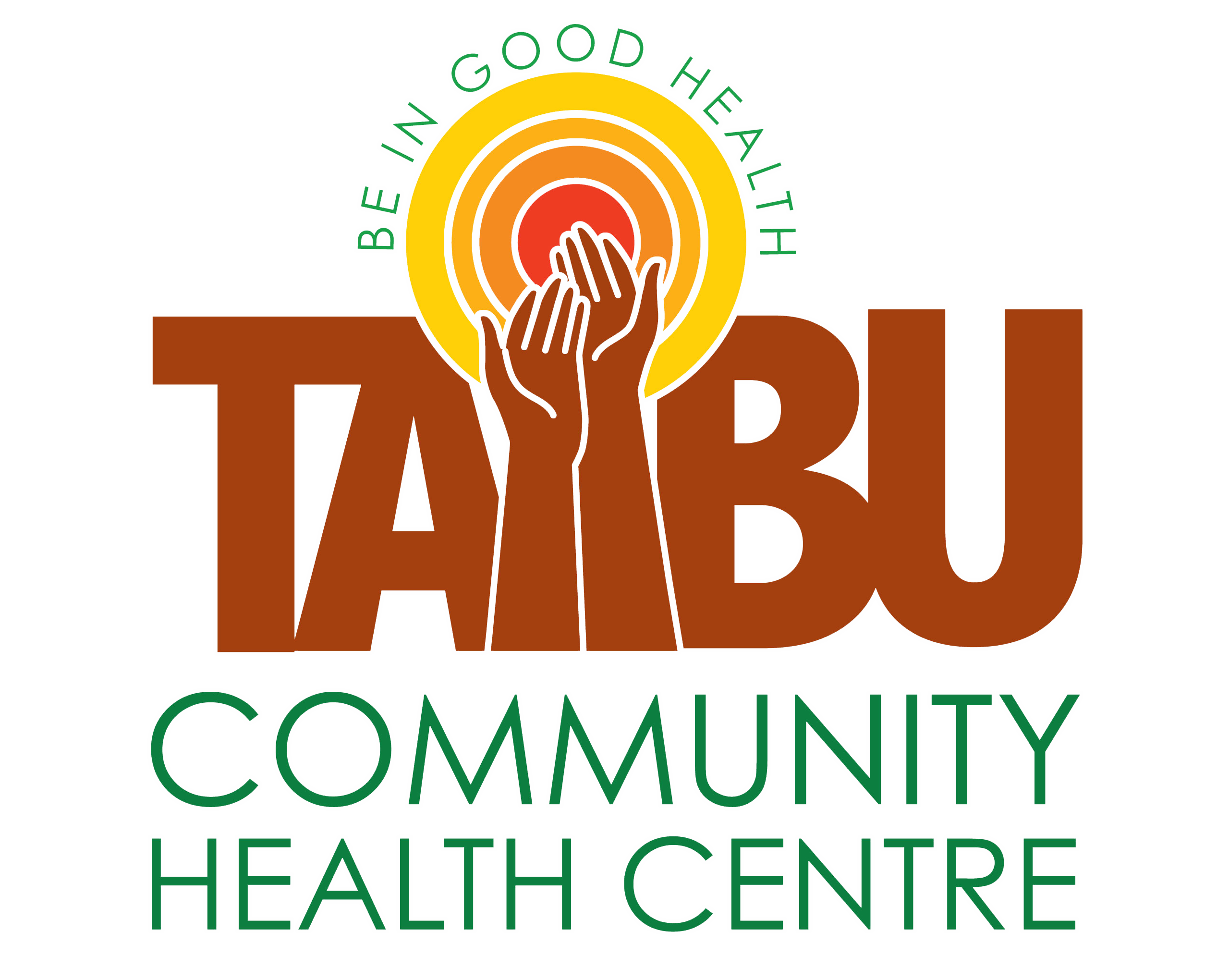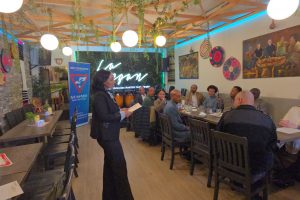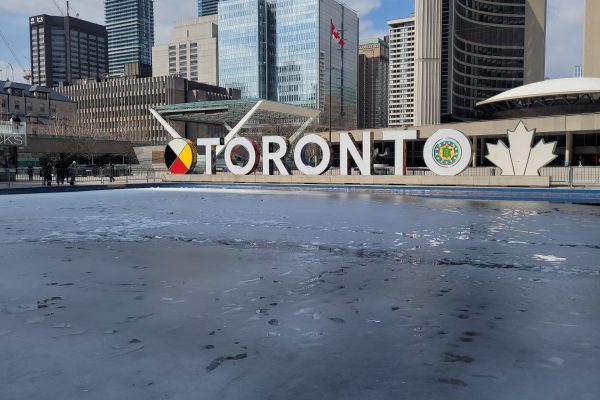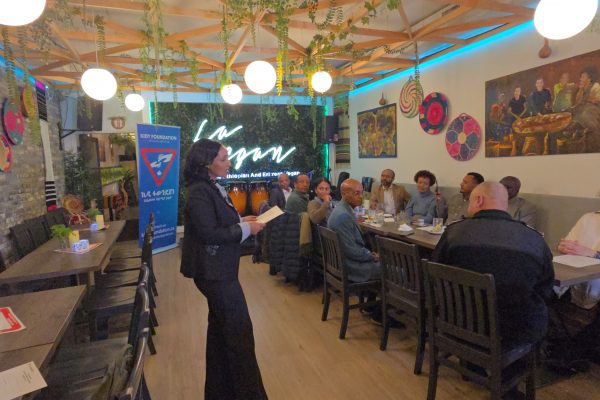By Henrytye Glazebrook of the Star Phoneix
A newcomer to this year’s Saskatoon Folkfest plans to use a piece of cultural heritage to give tired attendees a jolt of energy.
The Ethiopian pavilion, which is entering its first year in the festival, will perform a traditional coffee ceremony to highlight its history as the birthplace of the caffeinated beverage.
“The term coffee comes from a province in Ethiopia called Keffa,” said pavilion manager Tadele Gebreyohannes, adding that other attractions will include a children’s fashion show, samplings of Ethiopian cuisine and beer imported directly from the African country.
“I think it was the Arabic people that got the coffee from that province and took it to markets. They give you the name coffee,” Gebreyohannes said.
The ceremony, which will be performed onstage and will dish out cups to people in the audience, is part of a communal activity in which friends and family come together to enjoy the drink and discuss current events. The beans will be roasted and ground by hand prior to brewing, as is the custom in Ethiopia.
“Traditionally, we have our own coffee ceremony in the morning where all the neighbors gather together in one house to prepare this coffee and then we bring the coffee and discuss all that is happening in the neighborhood,” Gebreyohannes said. “It’s a very small and concentrated coffee. It’s like espresso. It’s very strong.”
The Ethiopian and Nepalese pavilions are the two newest additions to Folkfest. Both are part of the festival’s global village, a program that offers entries in their first few years of participation – which often represent a smaller population within Saskatoon – a place under a single roof and help each other build a larger audience using their combined outputs.
The newcomers will be accompanied at the global village by pavilions from Saskatoon’s Ghanaian, Pakistani, and Sierra Leonean communities.
The Nepal pavilion likewise aims to shine a light on its country’s unique cultural traditions through food, fashion and entertainment.
According to Nepal pavilion manager Jib Lal Khanal, one highlight from the country is its collection of traditional Nepalese artifacts such as musical instruments, handmade dolls known as putali, sukunda lamps that are used in religious and social rituals, and a kukri knife – a long, curved blade that can be used as a weapon, a tool and even as a ceremonial part of weddings.













